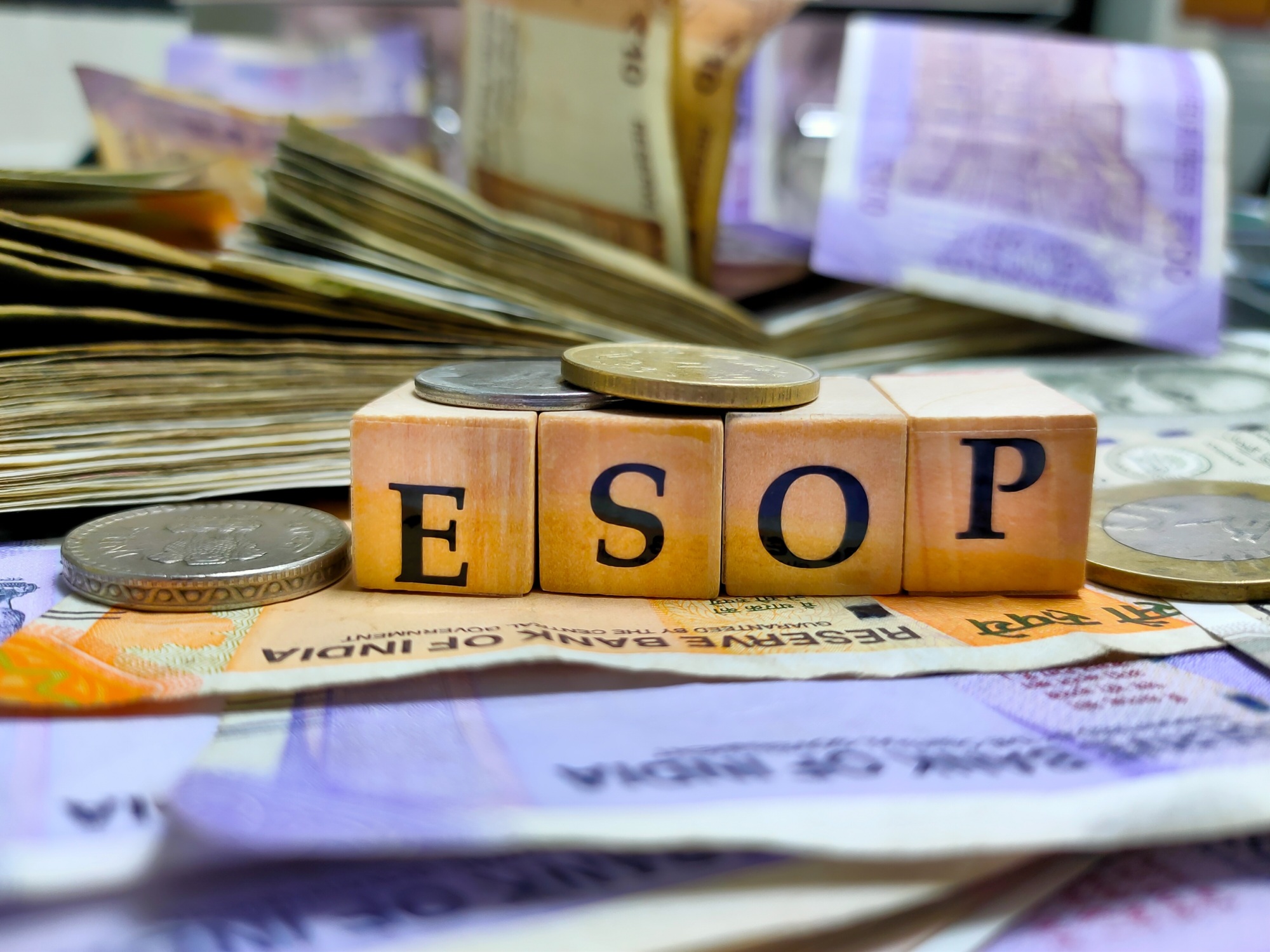
Exit Ready Roundup: January 2025
Tags
If you are considering selling your company to an Employee Stock Ownership Plan (ESOP), you may have questions about how the transaction will affect the structure of your company and your role as CEO. Will you be forced to give up decision-making authority immediately? How will the transaction affect your relationship with the management team, board of directors, and employees?
While there are important principles to follow, ESOPs offer attractive flexibility for succession planning and other strategic goals. Founders/CEOs generally can remain as actively involved in the company’s next phase as they desire and aren’t immediately forced to hand over the reins of leadership. However, a sale to an ESOP does lead to important changes that founders/CEOs should be aware of, highlighting the value of working with an experienced ESOP advisor.
We provide answers to some of the most common questions that founders/CEOs have when evaluating a sale to an ESOP.
How does a founder/CEO’s role typically change when selling to an ESOP? Can I remain actively involved in the company post-transaction?
One of the key advantages of selling your company to an ESOP is the structure’s flexibility for succession planning. An ESOP enables the company to plan the transition of ownership and management responsibilities according to the goals and circumstances of each unique situation. Whether a founder/CEO wants to use the transaction to exit the company completely, effect a more gradual succession plan, or remain in an active role for the long term, an ESOP can help to accomplish any of these outcomes.
In most cases, founder-executives remain in their roles for the near term. However, many founders will stay in the same role for several years, and sometimes longer, while they identify the next generation of leadership, someone for whom they seek to groom into more prominent responsibilities gradually. Typically, the daily operations of businesses change very little in the aftermath of an ESOP transaction. Over time, founder/CEOs may transition from tactical, day-to-day operations to a more strategic role, such as chairman of the board, focused on overseeing their successors and guiding the company’s strategic vision.
This flexibility to establish a thoughtful transition is a key advantage of the ESOP structure that usually isn’t available when selling a company to a strategic or private equity buyer. When selling to a third party, founders often have little say in determining the ultimate leadership and beneficiaries of the company.
What are the typical roles of the company’s board of directors and general employees in an ESOP structure?
ESOP-owned companies, much like many other public and private companies, are governed by a board of directors. As part of an ESOP’s governance, an independent trustee is appointed as the legal shareholder of record and serves in a fiduciary capacity on behalf of the ESOP participants. In this role, the trustee appoints directors to serve on the company’s board who are both internal and external to the company, most of whom are identified and nominated by the company and the management team for their operating and/or industry experience.
The responsibilities of an ESOP company’s board of directors include:
Establishing a board with some independence is particularly important for a healthy corporate governance structure. Independent board members avoid conflicts of interest that may otherwise inherently exist if the board were only comprised of company insiders (for example, independent directors should comprise the executive compensation committee).
The most successful ESOPs embrace the need for independent directors as an opportunity to bring on highly-qualified directors with relevant industry and business experience. With the right qualifications, independent directors are a source of ideas, relationships, and support for best practices, all of which help drive value creation.
When considering a sale to an ESOP, some founder/CEOs have concerns that certain employees could make unreasonable demands of the company because of their expanded rights as ESOP beneficiaries. In reality, day-to-day operations change very little following the sale to an ESOP. The company’s leadership team continues to manage the company’s regular operations, and the strategic direction of the business remains the responsibility of the executives in consultation with the board. Still, the most successful ESOP-owned companies recognize establishing a culture of employee ownership as an important strategy in itself and build employee involvement and feedback into the company’s culture and processes.
This article originally appeared on ButcherJoseph & Co’s website
About ButcherJoseph & Co.
ButcherJoseph & Co. is an investment bank specializing in M&A advisory services to provide highly customized solutions for middle market companies. The firm is focused on providing a full spectrum of liquidity options for their clients including traditional M&A, ESOP buyouts and recapitalizations, and debt & capital advisory, all supported by a robust, independent valuation practice.
